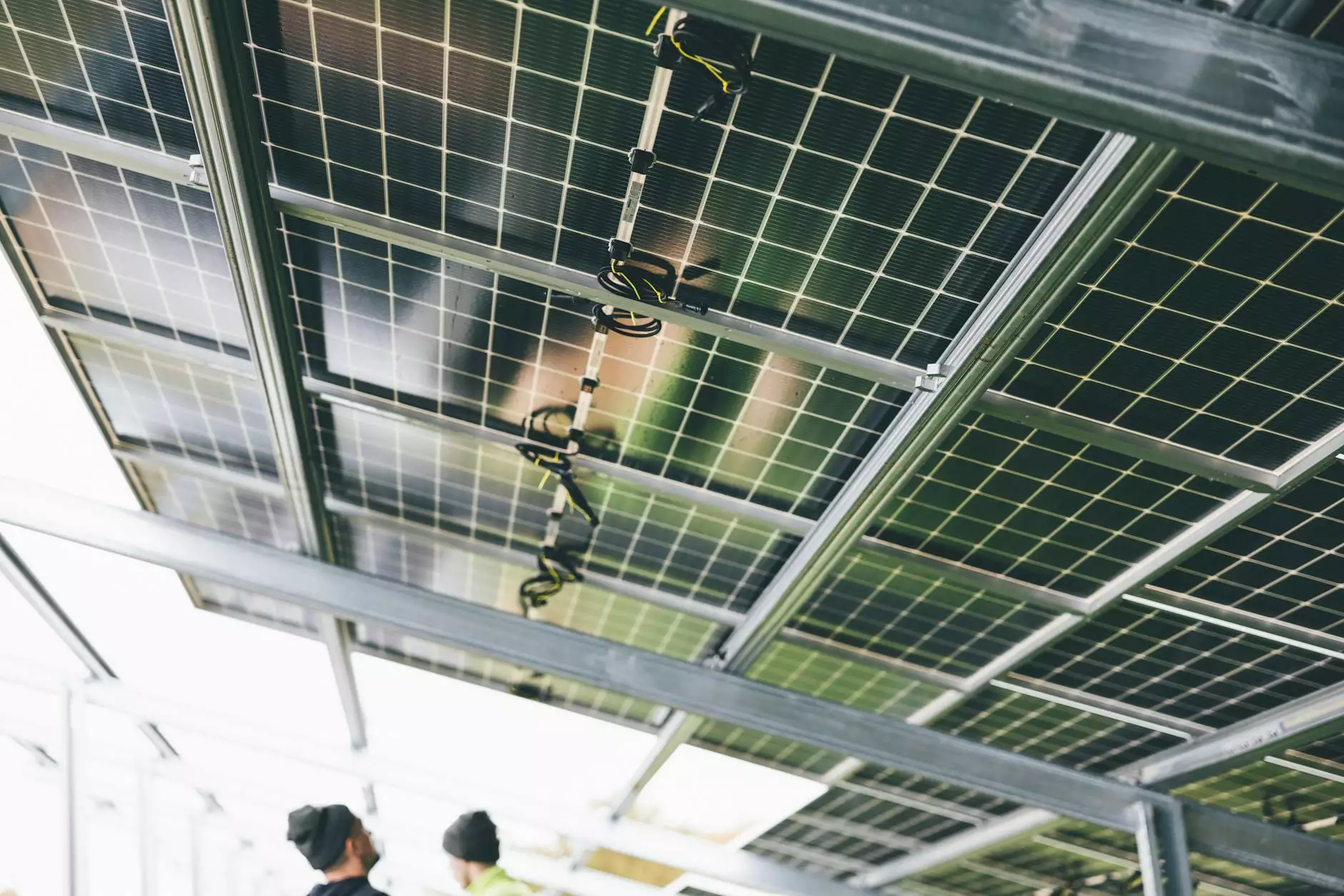The Impact of Solar Inverters on the Solar Energy Industry

Introduction: Understanding Solar Inverters
As the world continues its shift towards renewable energy sources, solar inverters have emerged as crucial components in the solar energy industry. At Ainegy.com, we are dedicated to exploring the innovative technologies that are shaping the future of sustainable energy.
Benefits of Solar Inverters
Solar inverters play a pivotal role in converting the direct current (DC) generated by solar panels into alternating current (AC) that can be used to power homes, businesses, and communities. This conversion process is essential for harnessing the full potential of solar energy.
Efficiency and Cost-Effectiveness
One of the key advantages of modern solar inverters is their high efficiency levels, which maximize the energy output from solar panels. This increased efficiency not only reduces energy wastage but also translates into cost savings for solar energy system owners.
Grid Connectivity and Power Backup
Advanced solar inverters enable seamless integration with the utility grid, allowing excess solar energy to be fed back into the grid for credits or compensation. Additionally, some inverters are equipped with battery storage systems for uninterrupted power supply during grid outages.
Technological Innovations in Solar Inverters
At Ainegy.com, we stay at the forefront of technological advancements in solar inverters. From string inverters to microinverters and power optimizers, each innovation brings unique features and benefits to solar energy systems.
Microinverters: Enhancing Energy Harvesting
Microinverters are revolutionizing solar energy systems by optimizing energy production at the individual panel level. By converting DC to AC right at the panel, microinverters minimize energy losses due to shading, soiling, or panel malfunction.
Power Optimizers: Maximizing Performance
Power optimizers work in conjunction with central inverters to enhance the overall performance and reliability of solar arrays. These devices ensure that each panel operates at its maximum efficiency, providing a tailored solution for complex shading conditions.
Future Outlook: Integration and Smart Grid Connectivity
The future of solar inverters lies in enhanced integration with smart grids and IoT (Internet of Things) technologies. By enabling real-time monitoring and control, smart inverters can optimize energy production, storage, and consumption in a connected energy ecosystem.
Conclusion
As demand for clean and sustainable energy solutions continues to rise, solar inverters will play a pivotal role in driving the adoption of solar power worldwide. At Ainegy.com, we are dedicated to promoting the benefits of solar inverters and empowering businesses and individuals to embrace a greener future.
For more information on solar inverters and the latest advancements in renewable energy, visit Ainegy.com.
solar inverter solar








